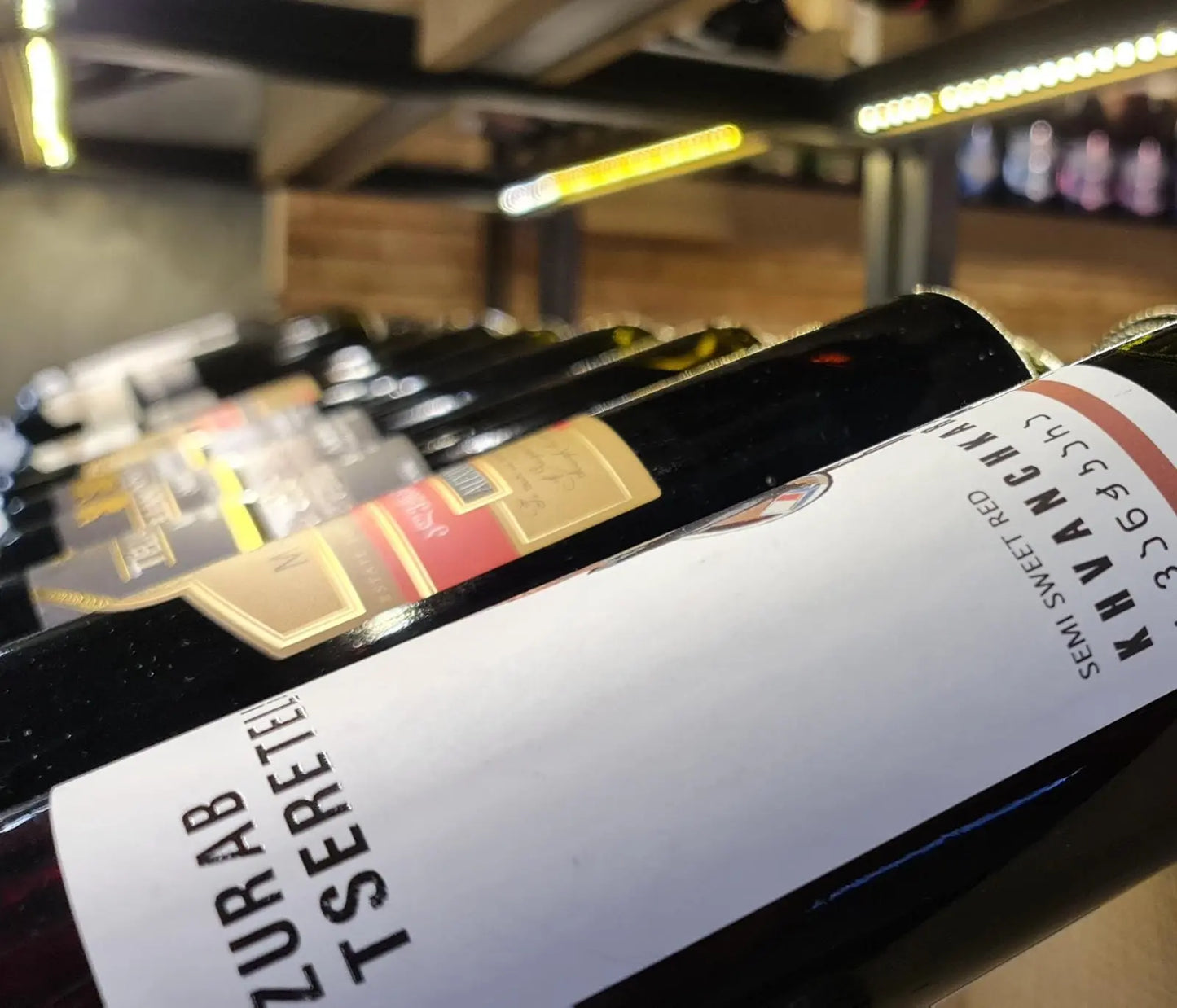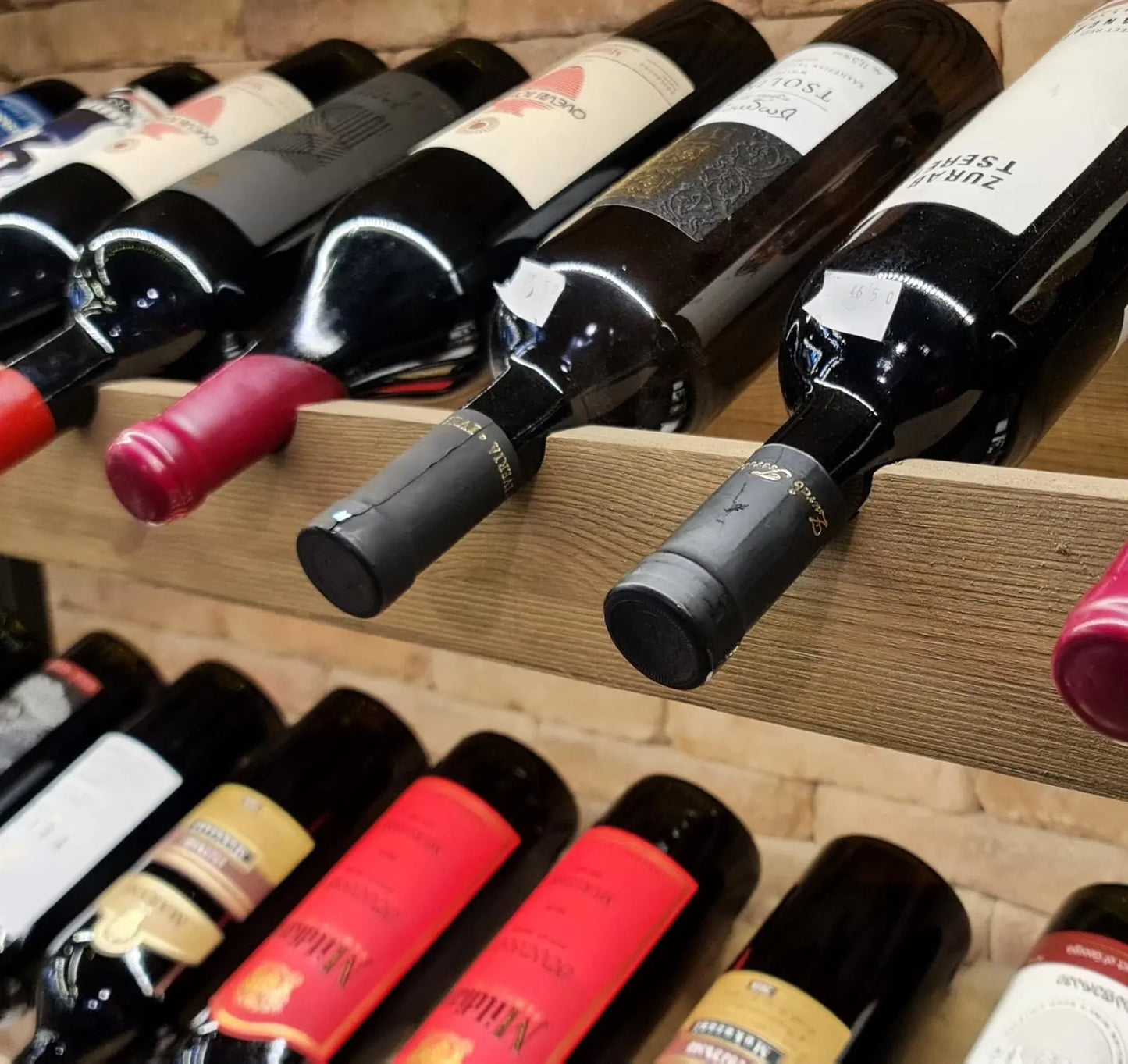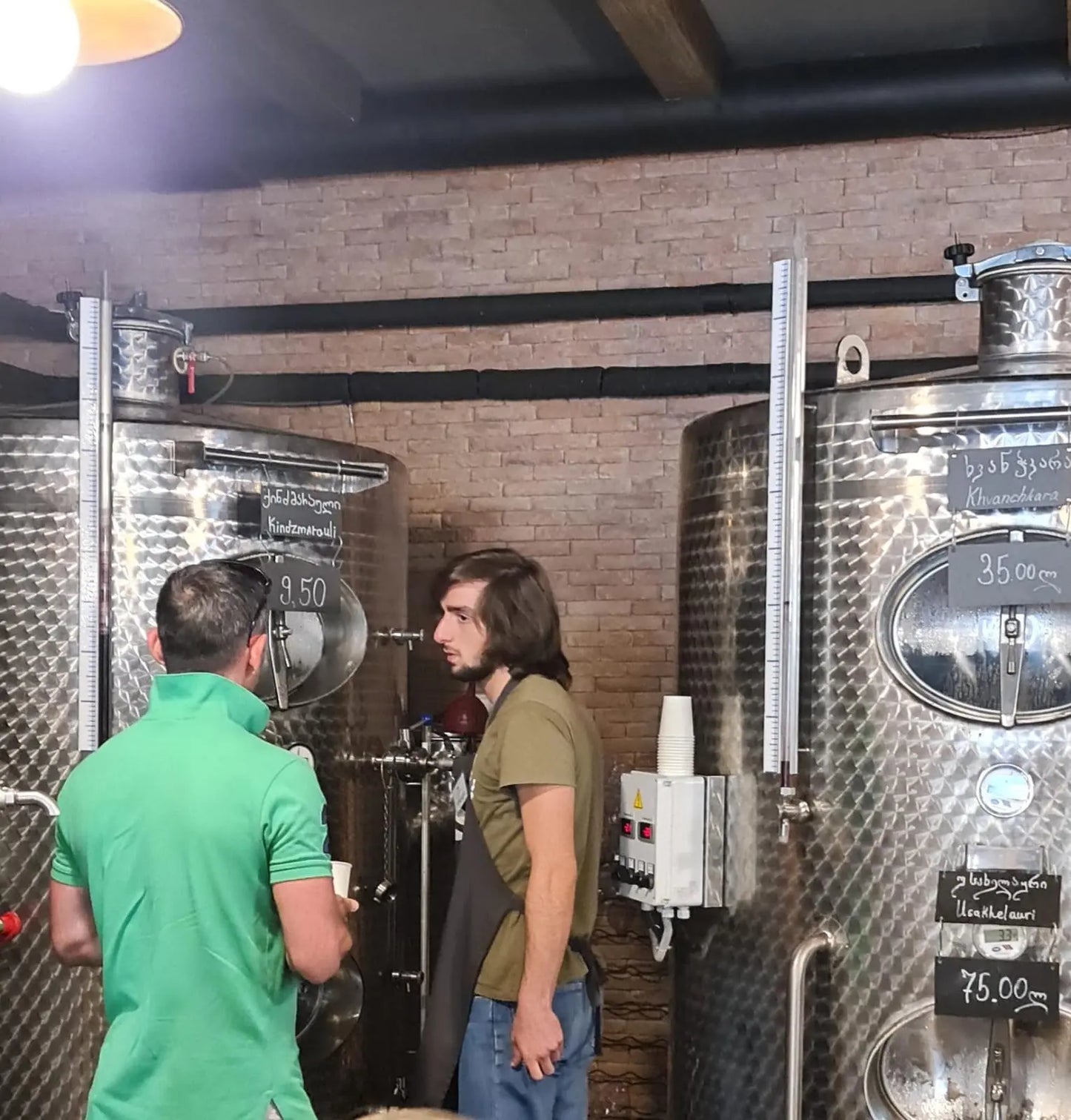A Brief History of Gin and Gin Production
Gin, with its distinctive juniper flavor, has a rich history dating back centuries. Its journey from medicinal tonic to one of the world's most beloved spirits is a tale of innovation and evolution.
Early Origins:
- Gin's roots can be traced to the Middle Ages when monks in Italy and France were using juniper berries and other botanicals to create herbal tonics for medicinal purposes. These early concoctions laid the groundwork for what would become gin.
Dutch Courage:
- The term "gin" is believed to have originated from the Dutch word "jenever," meaning juniper. In the 17th century, Dutch distillers developed a juniper-flavored malt spirit known as "genever." It was initially used for medicinal reasons but quickly gained popularity as a recreational beverage, earning it the nickname "Dutch Courage."
Gin in England:
-
Gin's introduction to England came with King William III's ascent to the throne in the late 17th century. He encouraged the production and consumption of gin to reduce the consumption of French brandy and, later, to support the grain market.
-
The Gin Act of 1736 was a response to the excessive consumption of gin and its negative social consequences. It imposed high taxes on gin production and sale, leading to the infamous "Gin Craze" of that era.
Gin Evolution:
-
By the mid-18th century, gin had evolved into a more refined spirit. Distillers began to focus on quality and flavor, moving away from the harsh, unregulated gin of earlier times.
-
The introduction of column stills in the 19th century allowed for more precise distillation, resulting in a smoother and more consistent gin.
The Gin and Tonic:
- Gin's association with tonic water began during the British colonial period in India. To make the quinine in tonic water more palatable, British soldiers and officials mixed it with gin. This concoction became the classic "Gin and Tonic" and is still popular today.
Modern Gin Production:
-
Modern gin production involves the distillation of neutral spirits with botanicals, including juniper, coriander, citrus peels, and various spices. These botanicals are carefully selected and balanced to create distinct flavor profiles.
-
London Dry Gin, a popular gin style, is known for its juniper-forward flavor and dry finish. It's characterized by its use of natural botanicals during distillation, with no added sugars.
-
The craft gin movement, which began in the late 20th century, has seen a resurgence of small-batch, artisanal distilleries producing unique and innovative gins with a focus on quality and creativity.
Today, gin is enjoyed worldwide in a variety of cocktails, including classics like the Martini and Negroni, as well as contemporary creations that showcase the spirit's versatility. Its enduring popularity is a testament to its long and storied history, marked by periods of innovation and refinement in the world of spirits.















